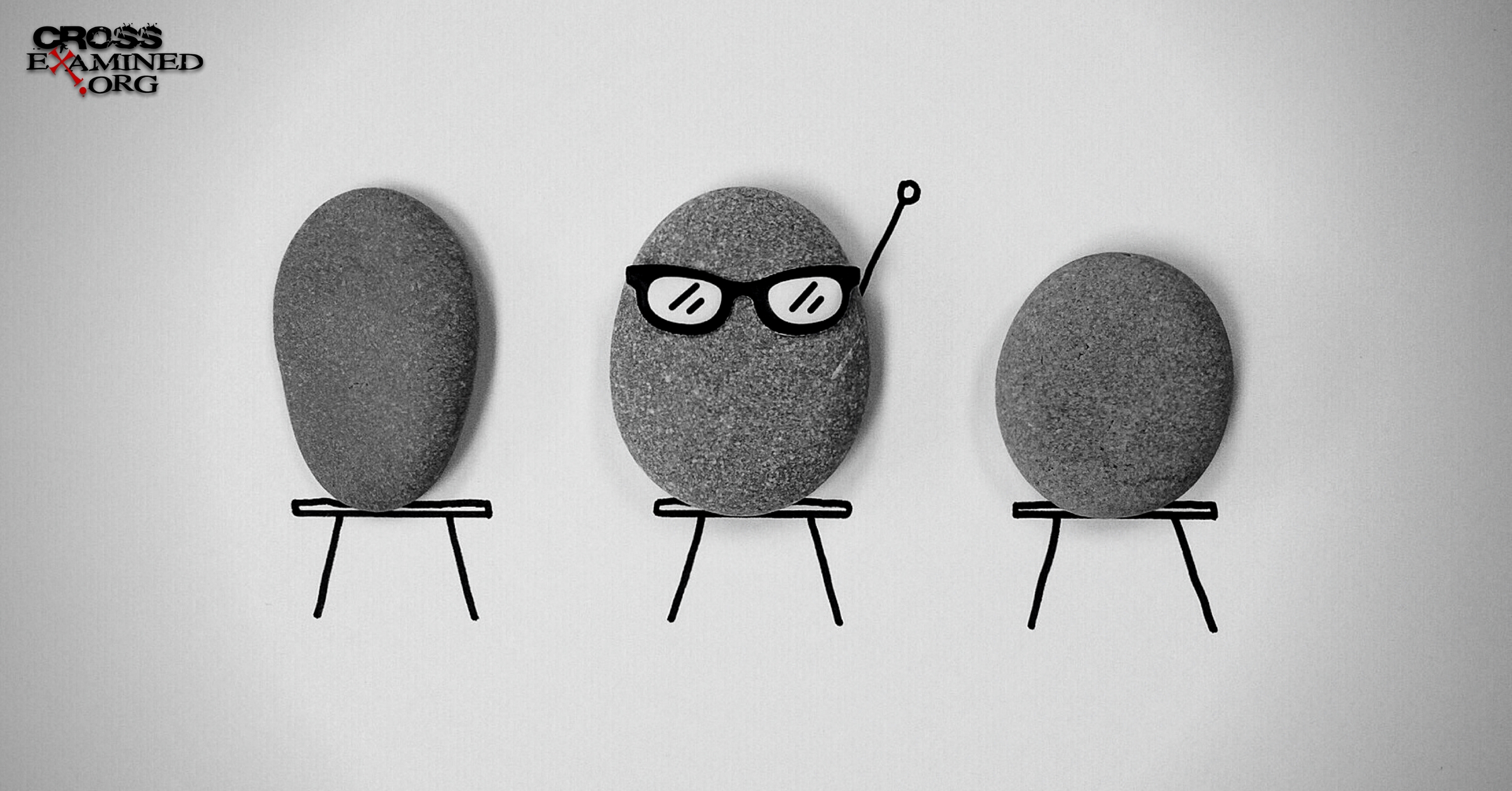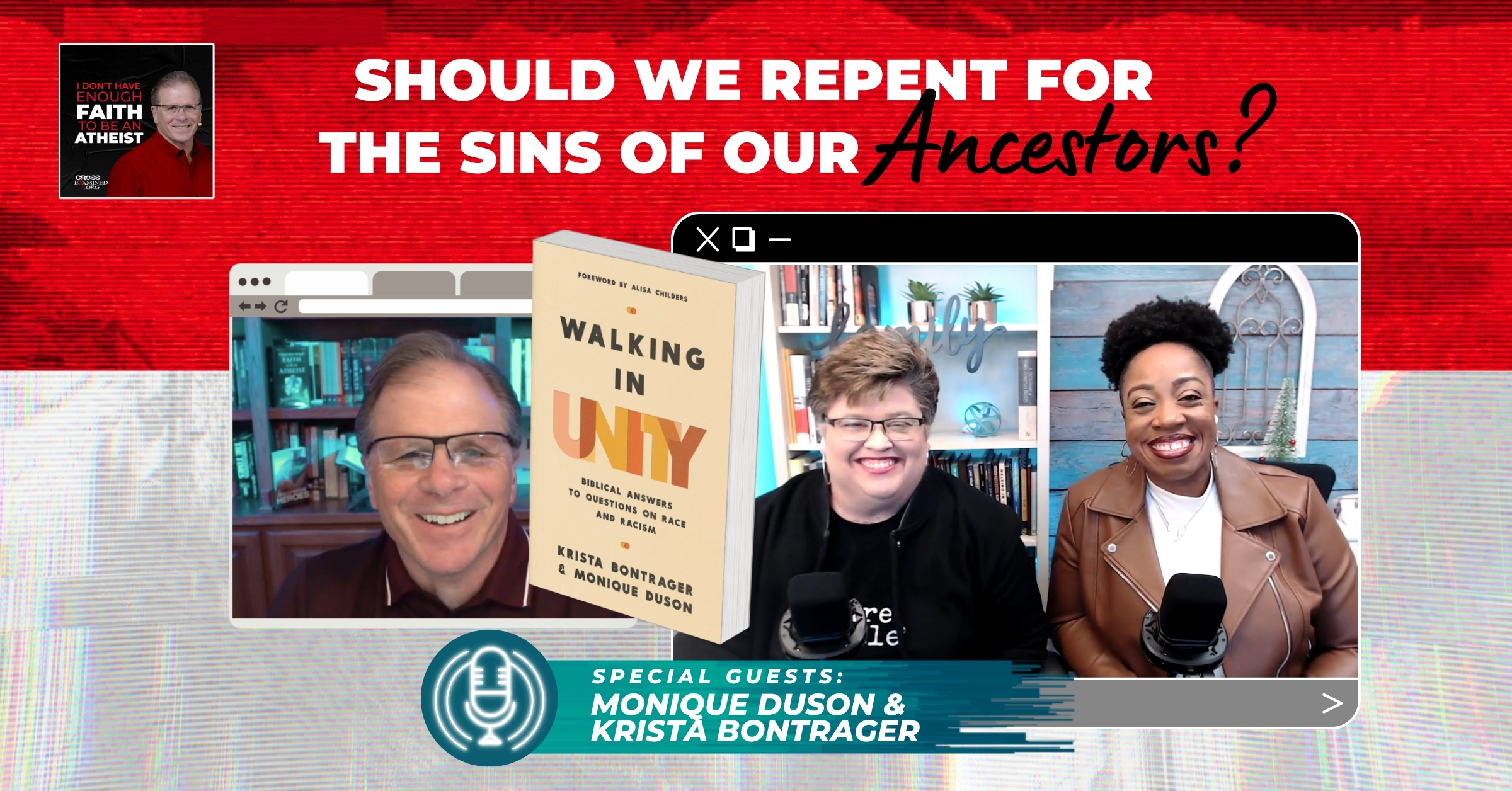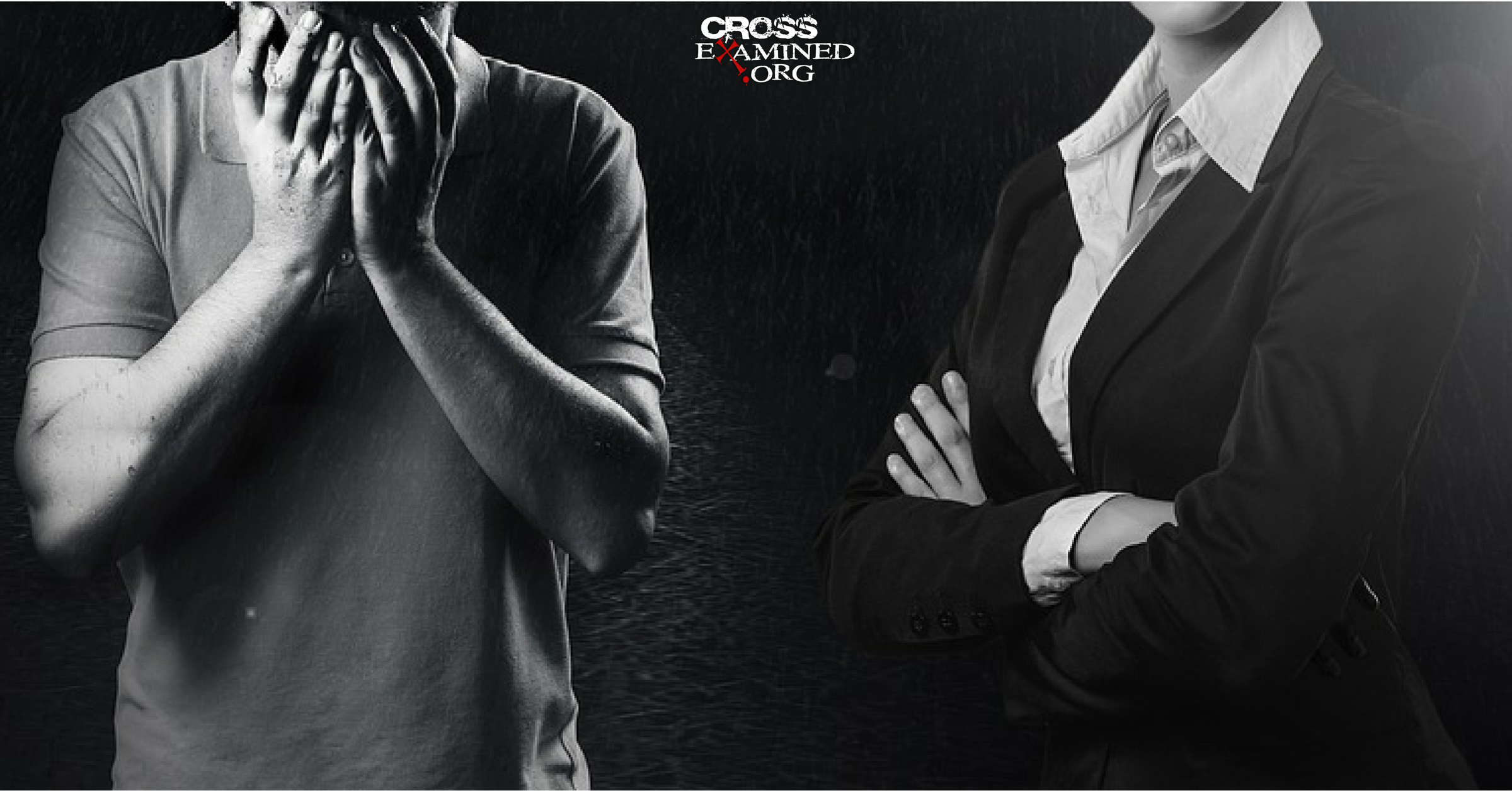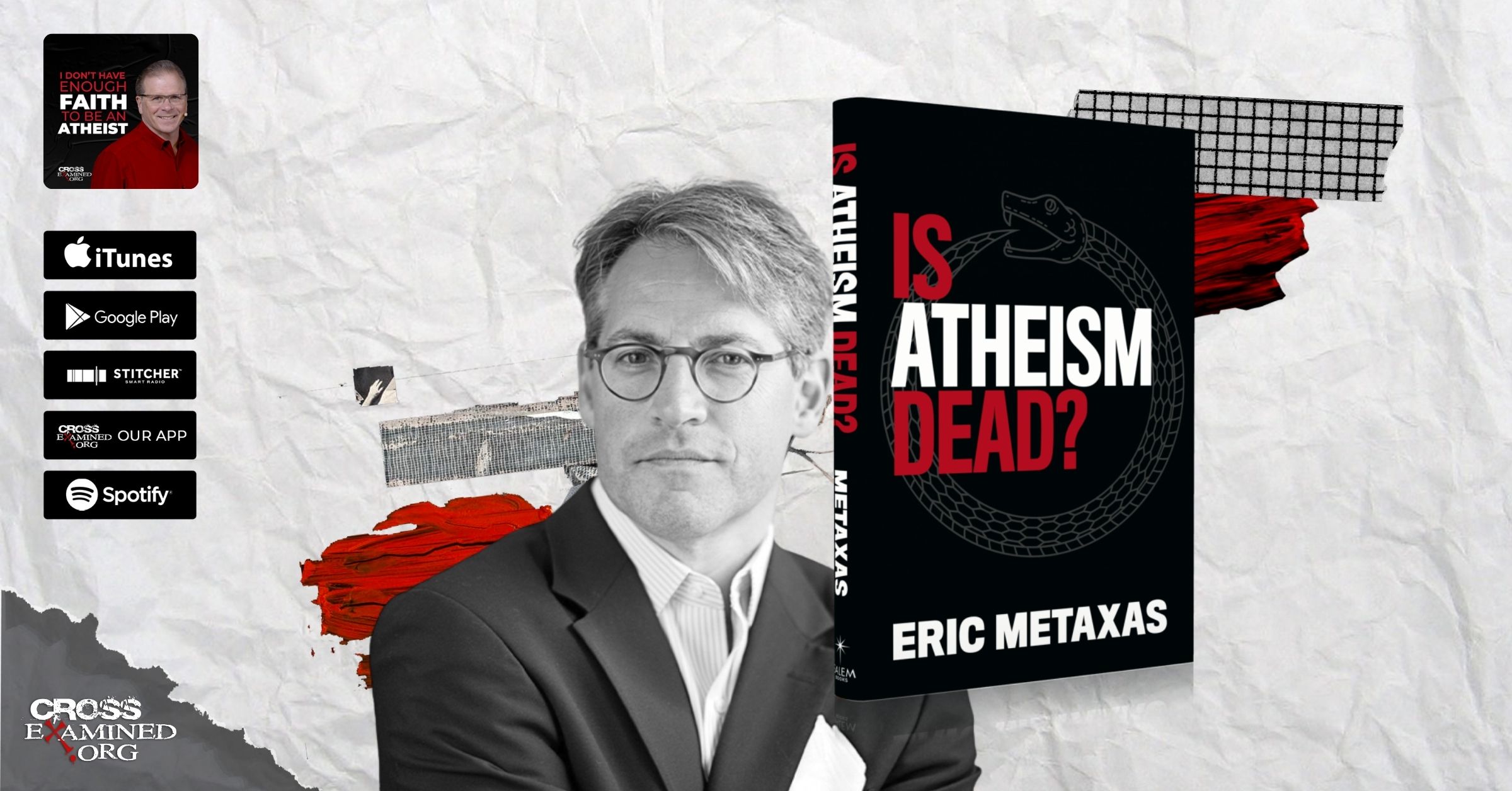Confronting Homosexuality in a Culture of Identity (Part 3)
As we enter into the final section of critiquing the objections to the orthodox view of homosexual activity as a sin, it is important to note, again, why I am spending such a significant amount of time on these particular points. The rallying cry for the liberal theologian has been grace, mercy and love, but as I established in part one (HERE), I believe that true grace, mercy and love must be based on the Truth established in God’s word. In order to have proper compassion we can not entertain falsehood.
We intrinsically know this to be true. If your child believes with all his heart that he can fly and climbs to the top of your house to prove it do you let him jump because it is unloving or unmerciful to tell him he’s wrong? Or do you do whatever it takes to keep him from jumping even if it makes him cry, get angry, or hate you? A good parent does not even need to consider the problem. The correct response to the situation is natural.
In the same way, we must address sinful habits in our own lives and untruths in the world. We cannot be compassionate to the child by allowing him to plummet to his death and we cannot be compassionate to fellow believers as we watch them plunge their lives into unrepentant sin. That would be unloving. So we must first establish what is true and then we can place true empathy and compassion on top of that foundation.
The following are just a sampling of other objections I have interacted with in my time in ministry. I believe we should answer each with grace and truth and any subsequent argument ought to be handled the same way. I have attempted to do so here. I pray to God that he has empowered me to succeed in that endeavor. I answered one of the more technical objections in last week’s article that you can access by clicking here.
Homosexuality is just as much a sin as eating Shellfish in the Bible
This argument ignores New Testament scriptures on the topic completely, it is also incredibly flawed theologically and is primarily used only as an argument with which to denigrate those of the faith as inconsistent or hypocritical.
This, of course, is an argument that Christians still eat shrimp and mussels but will not agree that the homosexual act is good/right even though both come from the same book of the Bible. In Leviticus 11 we find that God forbids the consumption of shellfish to his people, likewise, just seven chapters later in Leviticus 18 God forbids men to lie with men and women to lie with women going to far as to call the act an abomination.
The difference in language of these two things is paramount to understand. While the Hebrews are to detest shellfish, they are not ordered to detest those who consume shellfish, just the shellfish itself. Consuming shellfish is detestable, but it is not an “abomination” but God does call sodomy (homosexuality) an abomination. We also find that God removes food restrictions from the believer (as well as eternal restrictions of faith!) to Peter in Acts 10:9-16, but God does not do the same thing for homosexuality.
Perhaps some might try to include homosexuality in the interpretation of Acts 10, however, the early church certainly did not. It seems that Peter and other apostles saw this vision as a twofold allowance of food consumption and God bringing salvation to the gentiles without forcing the gentiles to convert first to Judaism.
Furthermore, God had clearly defined rules for his chosen nation to set themselves apart from those around them. Simply put, part of the prohibitions in the Old Testament were simply made to distinguish God’s chosen people from the gentile nations around them. It is fair (and safe) to assume that God’s prohibition on clearly cultural differences (consuming shellfish, wearing certain fabrics, circumcision etc.) would dissolve over time as he ushered in the church age and Jesus became the fulfillment of what those laws were intended to convey, whereas his prohibition on moral issues (murder, theft, sex outside of marriage, homosexuality) would not change, because they are based on His character and His design for life, not simply on setting a nation apart for himself. There is, believe it or not, a hierarchical structure to the law of God.
Thus Leviticus 18 carries a much more relevant prohibition than Leviticus 11 because one has to do with God’s character and the other with establishing the theocracy of Israel specifically. Much has been written on this topic and I cover it only sparingly here but for a more comprehensive look at the subject the book The End of the Law by Jason Meyer is a good resource.[1]
Homosexual was not even a word in the Bible until 1946
We covered a bit of this argument in part 2, but will look at the lay argument here. Homosexual was not a word in the English dictionary until the late 19th century, first appearing in the English dictionary in 1892. The term was coined by German psychologists in the 1860s in reference to the act of same-sex sexual relationships. Bible translations tend to run behind common vernacular by a significant time gap, thus, the fact that the first use of homosexual in an English Bible was in the mid-40s should not be a significant surprise to anyone if they honestly follow the linguistic history of scriptural translations.
Prior to the 40s the word that is translated as homosexual likely would have been translated as Sodomite or Sexually-Immoral. In fact, as we found last week, I believe those are still better translations than homosexual in many cases since they cover a broader range of sexual immorality rather than simply pointing to a homosexual relationship. However, to say that the word homosexual was not in the Bible until 1946 and that therefore it is a recent addition to the Bible is disingenuous on its face. The intent of the passages was clear prior to the 40s and helped to form the decision to insert the word in the translation history after the 40s. The interpretive history of these passages lent credence to the use of the word initially and, while it is not the best translation currently, I do not believe it to be a poor translation either, though, given the current cultural context of identity, I would still like there to be clarity in translation towards behavior and not simply attraction. My problem with the translation in general is that it is making an interpretive decision for the reader rather than simply translating the word, and this means that the narrowing of meaning could leave out important sin issues such as pedophilia, rape, cohabitation and more.
God Did Not Make a Mistake when He created Me
In fact, God did not make a mistake when he created anyone. However, to continue on the theme of Romans 1 from last week, we find that being born with a proclivity to a certain action does not necessarily make that action or desire good and right.
Being born as someone with a disposition to addiction would not make becoming addicted to pain killers good or right. In the same way, being born as someone who is highly sexually driven that desires multiple sexual partners does not make acting on those desires right and good.
In my opinion, homosexuality is the same sort of sin, but we have turned the discussion on its head. Making homosexuality a matter of identity rather than behavior did no one any good and we are currently reaping the “rewards” for such a miscalculation.
Romans 1 indicates that homosexuality is part of the fall, both for men and women. In fact, the entire first section of Romans 1-4 seeks to help the Roman church understand the depravity of man and why we need a savior. Romans 1 is not meant to indicate personal behavior, but it is meant to be read in the context of all human history.
If we read Romans 1 correctly, we will not argue and bicker about who was born what way and whether or not homosexuality is a choice. The fact of the matter is that homosexuality is a natural consequence of the original fall of man. Sin shattered God’s created order and introduced all sorts of behaviors that could be and have been deemed natural, but are, in fact, evil. (I use the word “evil” in the theological sense here – meaning rebellion against God).
No, God did not make a mistake in creating you. Scripture is clear that you are fearfully and wonderfully made (Psalm 139:14), but scripture is also clear that you are a fallen human being with a natural bent towards sin that needs to be rescued from yourself and your own passions and desires. Romans 6-8 puts this struggle under the magnifying glass. The transition from death to life is immediate and permanent but it is also a process of understanding where we are broken and where we need to be mended by the Holy Spirit.
And as Paul indicates at the end of chapter 7 the only answer is through Jesus Christ, otherwise we are still under the headship of Adam and thus, in sin, and in death. Which is why having a dual identity is so problematic. This means God can remake only part of who we are, because we have eliminated him from impacting our other identity. It is sequestered off in a dark closet that his renovation crew is not allowed to touch. The exclusivity of Christ is of utmost importance in this discussion, but according to a survey recently conducted on supposed “born again” Christians, thus fundamental doctrine is also under attack. Ultimately compassion without adherence to truth ends up there. It is not a slippery slope fallacy if the slope is, in fact, slippery.
So no, God did not make a mistake in allowing any person to be born, but that also does not mean that we are all born perfect either. Two things can be true at once. God can have fearfully and wonderfully made a person and also that person could be irreparably damaged beyond repair with natural bents towards evil and self-destruction unless God intercedes on his/her behalf. All people are worthy of dignity and love because they are image bearers of the Almighty, but all people are also broken image bearers because of sin and must be repaired by their Creator.
I know this, because I am this. No, I am not a homosexual, but I am wickedly depraved. I need a savior, I have one in Jesus. This same savior is available to all who would believe, and he will make them a new creation (2 Cor. 5:17) with the ability to find victory over whatever sinful proclivities they may have been born under, because in Jesus we are offered a completely new identity.
A Homosexual in a Committed Consensual Relationship is Fulfilling a Marriage Covenant
This is the last one we will have room for in this section, and it is the easiest and most difficult to answer. The easiest, because I believe that understanding the actual meaning of Romans 1 and the passages in 1 Corinthians and 1 Timothy will ultimately lead one to the understanding that marriage can only be, and has only ever been, ordained between a man and woman and the marriage bed (Heb 13:4) must not include two of the same sex.
That said, it is the most difficult to answer because my heart genuinely aches for those that have those homosexual proclivities that desire to have a meaningful long-term relationship and have children and experience all that is good about those relationships. But empathy is all I can offer in that regard because scripture seems to be clear on the issue, and I do not know of a married couple that can (or should) abstain from sexual intercourse in order to maintain a pure relationship. If my answers to the previous two sections are biblically accurate, then the answer to this objection becomes obvious.[2] And as we will see next week, there are many professing gay Christians that agree with this.[3] Some resources are footnoted below.[4]
So what then?
I am sure I have not covered every single TikTok take in the previous sections. I am sure there are many more, but let us move on. What then, is the responsibility of the church? In Part 4 I want to look at a better way of handling these things than what the church has done for the past few generations. I believe the church has, and continues to have, fallen short in ministry to those that struggle in this arena and while I do not have all the answers, I do believe we can start down the path of a better way. One thing the book I mentioned in part 3 does get right is this: I believe the church’s handling of homosexuality has been myopic and graceless for many decades, and this needs to change (and it is changing), but it must change without compromise with the Truth.
References:
[1] https://www.christianbook.com/the-law-mosaic-covenant-pauline-theology/jason-meyer/9780805448429/pd/448429?event=AFF&p=1011693&
[2] https://www.amazon.com/Washed-Waiting-Reflections-Faithfulness-Homosexuality/dp/0310330033
[3] https://www.amazon.com/Born-Again-This-Way-Coming-ebook/dp/B0822YXJTC/ref=sr_1_1?dchild=1&keywords=born+again+this+way&qid=1630075251&s=books&sr=1-1
[4] https://www.amazon.com/Holy-Sexuality-Gospel-Desire-Relationships/dp/0735290911/ref=sxts_entity_rec_bsx_s_def_r00_t_aufl?cv_ct_cx=Christopher+Yuan&dchild=1&keywords=Christopher+Yuan&pd_rd_i=0735290911&pd_rd_r=16cfa890-064c-4ddb-ab8a-de32677f69d2&pd_rd_w=ye02G&pd_rd_wg=GblHm&pf_rd_p=923d3ad5-e62b-462e-9474-e4d7cf9b91ea&pf_rd_r=TXGCY9NT2B4VYJBZP87J&qid=1630075278&s=books&sr=1-1-795edd5f-cc24-47c7-9173-701523fd4bcf
Recommended resources related to the topic:
Five Questions No One Ever Asks About Gay Rights (DVD Set), (Mp4 Download), and (Mp3 Set) by Dr. Frank Turek
Correct, NOT Politically Correct: How Same-Sex Marriage Hurts Everyone (Updated/Expanded) downloadable pdf, PowerPoint by Dr. Frank Turek
Was Jesus Intolerant? (DVD) and (Mp4 Download) by Dr. Frank Turek
__________________________________________________________________________________________________________________________________________________
Josh Klein is a Pastor from Omaha, Nebraska with 12 years of ministry experience. He graduated with an MDiv in 2016 from Sioux Falls Seminary and spends his spare time reading and engaging with current and past theological and cultural issues. He has been married for 12 years to Sharalee Klein and they have three young children.
Original Blog Source: https://bit.ly/3m6iFLK











